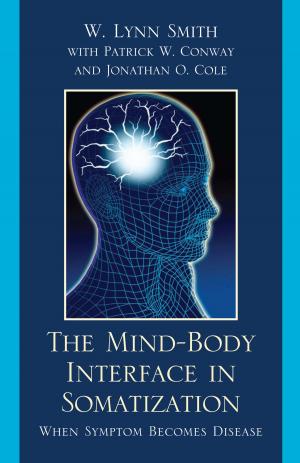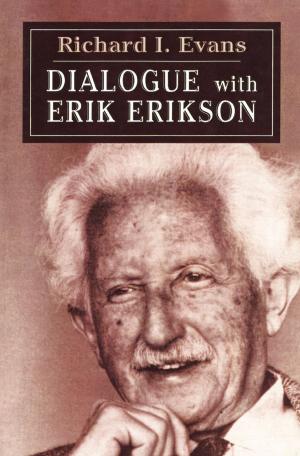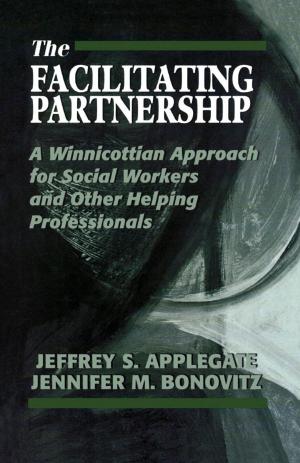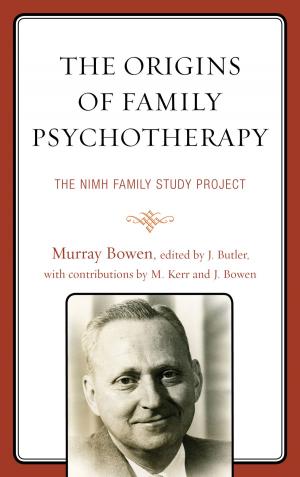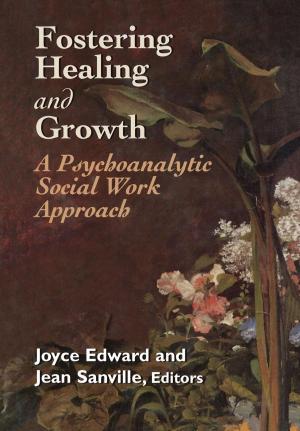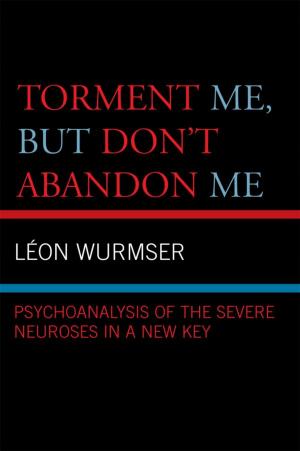Missing Us
Re-Visioning Psychoanalysis from the Perspective of Community
Nonfiction, Health & Well Being, Psychology, Psychoanalysis, Psychotherapy, Social Psychology| Author: | Ph. D LaMothe | ISBN: | 9780765708816 |
| Publisher: | Jason Aronson, Inc. | Publication: | May 9, 2013 |
| Imprint: | Jason Aronson, Inc. | Language: | English |
| Author: | Ph. D LaMothe |
| ISBN: | 9780765708816 |
| Publisher: | Jason Aronson, Inc. |
| Publication: | May 9, 2013 |
| Imprint: | Jason Aronson, Inc. |
| Language: | English |
In Missing Us: Re-Visioning Psychoanalysis from the Perspective of Community, Ryan LaMothe questions the ways in which psychoanalytic and psychodynamic theorists and clinicians have historically relied principally on a two-person psychology to understand psychosocial development and practice. While this has many benefits, two-person perspectives often overlook a central need and struggle in human life, namely community. The concept of community and its cognate communion expand and deepen psychoanalytic theories of development, as well as reframe, in part, psychoanalytic concepts, processes, and aims.
In Missing Us, LaMothe, relying on the Scottish philosopher John Macmurray, carefully defines the concept of community, being sure to differentiate it from the notions of sociality and intersubjectivity. Using this definition and the concept of person, LaMothe reframes potential space, transference, and motivation. Given this unique perspective, LaMothe addresses the strengths, limitations, and challenges of psychoanalysis as a therapeutic ritual.
In Missing Us: Re-Visioning Psychoanalysis from the Perspective of Community, Ryan LaMothe questions the ways in which psychoanalytic and psychodynamic theorists and clinicians have historically relied principally on a two-person psychology to understand psychosocial development and practice. While this has many benefits, two-person perspectives often overlook a central need and struggle in human life, namely community. The concept of community and its cognate communion expand and deepen psychoanalytic theories of development, as well as reframe, in part, psychoanalytic concepts, processes, and aims.
In Missing Us, LaMothe, relying on the Scottish philosopher John Macmurray, carefully defines the concept of community, being sure to differentiate it from the notions of sociality and intersubjectivity. Using this definition and the concept of person, LaMothe reframes potential space, transference, and motivation. Given this unique perspective, LaMothe addresses the strengths, limitations, and challenges of psychoanalysis as a therapeutic ritual.

